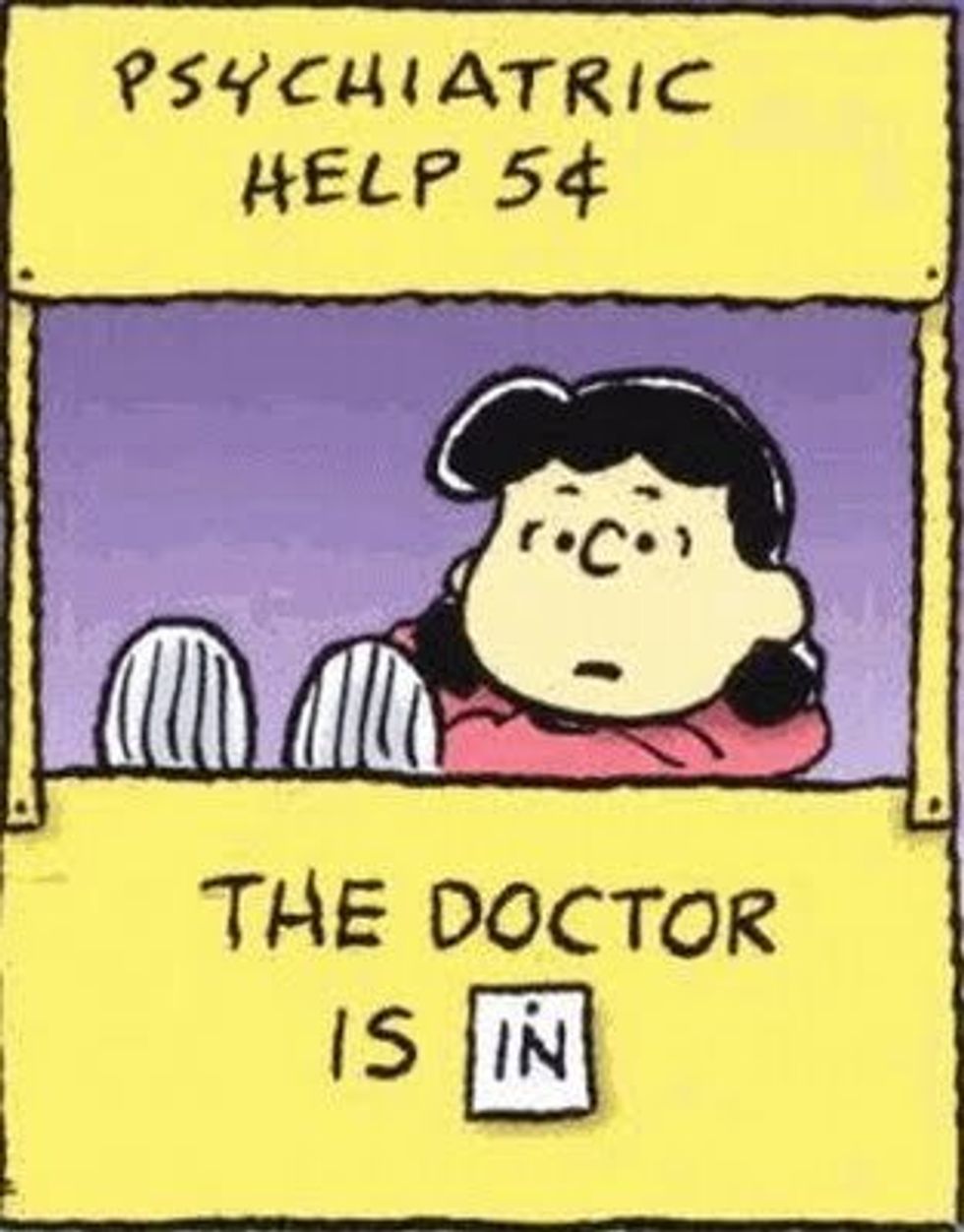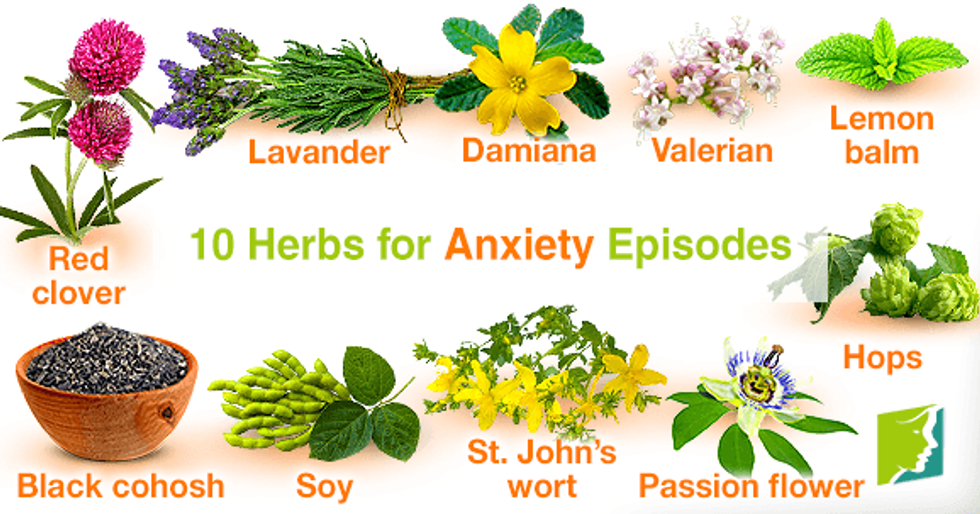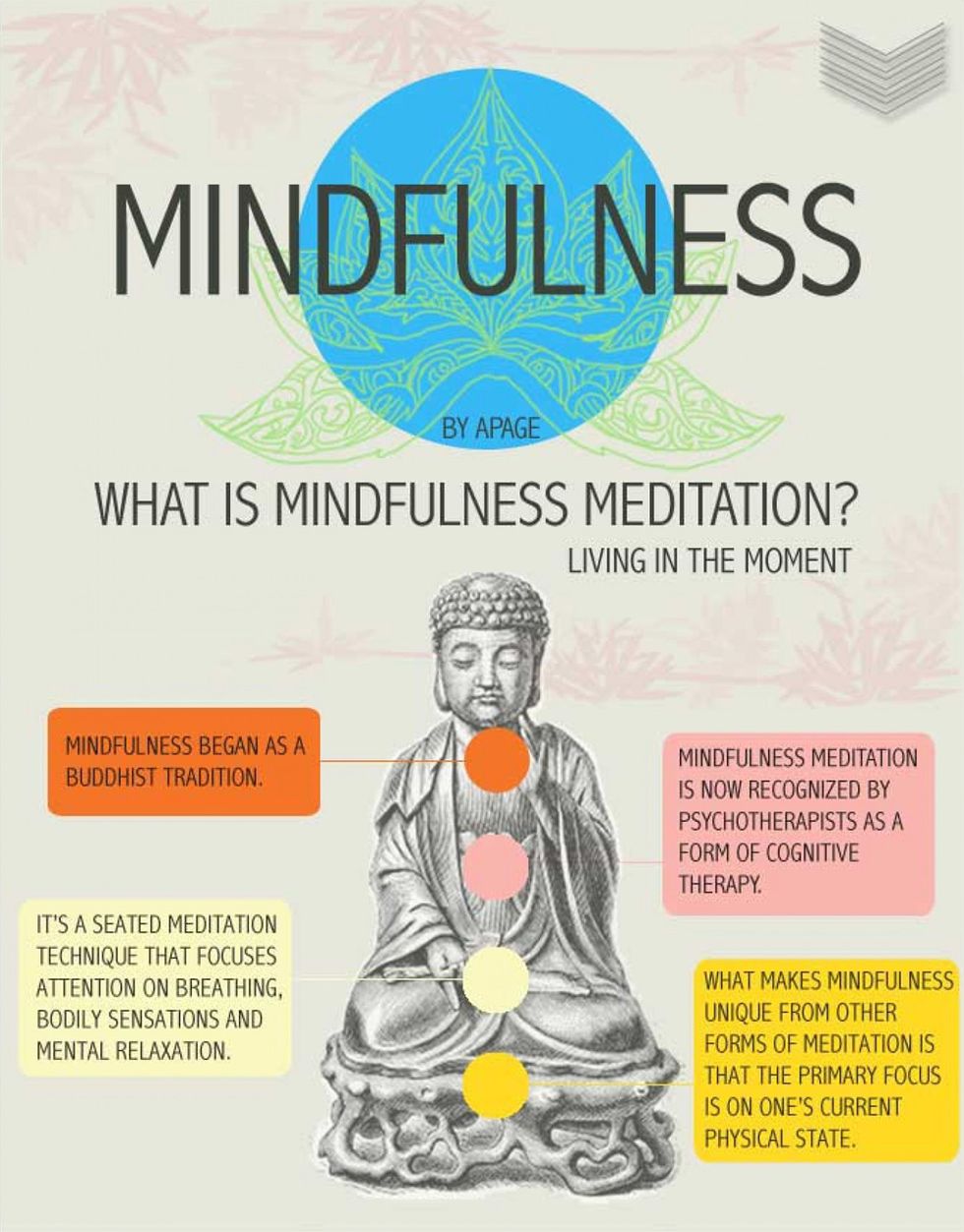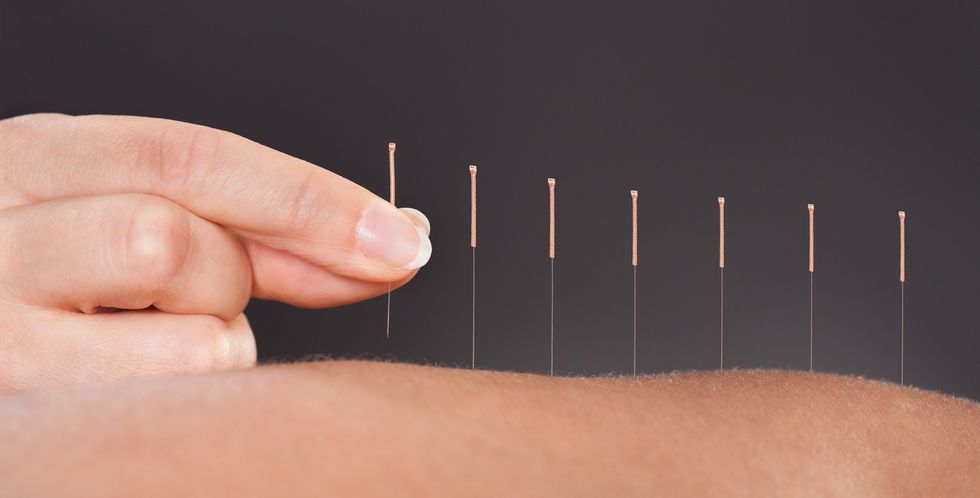According to The National Center for Health Statistics, the rate of antidepressant use in the United States among teens and adults increased by almost 400% between 1988-1994 and 2005-2008. In fact, figures show that more than one in 10 Americans take an antidepressant. The amount of prescriptions written by doctors is most likely not due to a rise in depression and anxiety of the population. It is more likely that patients have a lack of knowledge of other options available to help them maintain their mental health.
Many Americans visit their primary-care physician and discuss their mental health troubles, leaving with a prescription rather than discussing other options. According to a study called Datapoints: Psychotropic Drug Prescriptions by Medical Specialty, 59% of general practitioners, 23% by psychiatrists, and 19% by other physicians and non-physician providers wrote prescriptions for psychotropic drugs from August 2006 – July 2007.
This means that it is more common for primary doctors to prescribe medication than psychiatrists. This type of medication was not intended to be used this way because primary care doctors lack knowledge encompassing the ability to diagnose a mental illness.
When SSRIs (Selection Seratonin Reuptake Inhibitors) hit the market in 1987, antidepressant use quadrupled in the US. Only one-fifth of patients receiving prescriptions also received therapy according to the Archives of General Psychiatry.
There are four major classes of medications used to treat anxiety and depression disorders.
Selective Serotonin Reuptake Inhibitors (SSRIs): relieve symptoms by blocking the re-uptake of serotonin by certain nerve cells in the brain to improve mood.
Serotonin-Norepinephrine Reuptake Inhibitors (SNTIs): increase the levels of neurotransmitters serotonin and norepinephrine by inhibiting their reuptake into cells in the brain.
Benzodiazepines: frequently used for short-term management of anxiety and are effective in relaxation, reducing muscular tension, and other physical symptoms of anxiety.
Tricyclic Antidepressants are used in the long-term treatment of anxiety.
Due to the variety of anti-anxiety and antidepressant medication on the market, it is important to obtain a diagnosis from a psychiatrist. Although the prescription of psychotropic medications improves access to treatment, evidence-based guidelines, psychotherapy, adequate medication monitoring, and appropriate intensity of treatment must be taken into account.
According to Dr. Steven Hollon, at least half of the patients prescribed an antidepressant aren’t benefitting from the active pharmacological effect of the drug—but are actually feeling a placebo effect.
This issue is important to US health care management because Americans are increasingly spending on psychotropic drugs when it may not be necessary. Total expenditure on antidepressants increased from $159 million in 1991 to over $193 billion in 2013
In addition, studies have shown that Cognitive Behavioral Therapy in the treatment of moderate to severe depression is just as effective. Many Americans do not believe they can rely on therapy as a treatment to their mental health struggles, but it is proven through numerous studies to be just as effective as medication. In addition, using medication and cognitive behavioral therapy as a combination are most effective for treating depression.
Along with prescription medication and cognitive behavioral therapy, alternative and complementary medicines are beneficial in treating mental health disorders. Providing awareness of alternative and complimentary medicines may be a potential solution for Americans struggling with mental illness who do not want to spend a good amount of money on therapy (although I highly recommend it if it's affordable for you) or take psychotropic drugs.
For anxiety, herbal interventions, nutritional supplements, and aromatherapy may be used to decrease symptoms. For depression, St. John’s wort (Hypericum perforatum) has been found to effectively treat mild to moderate depression (not to be taken with SSRI prescriptions). Bergamot (Citrus bergamia) and geranium (Pelargonium graveolens) offer clinical and neuropharmacological anti-depressant properties as well.
Cognitive interventions, such as meditation and mindfulness, have also shown significant improvement of those struggling with anxiety. For those with depression, cognitive hypnotherapy and minfuldness-based cognitive therapy has shown positive results for improving depression.
A physical intervention, like acupuncture, yields positive results for treating anxiety and depression as well. Light therapy is another intervention that can be used to treat seasonal depression.
In conclusion, if you have felt stigmatized for taking an antidepressant/anti-anxiety medication, don't. It's a very common form of treatment for mental health disorders in the United States. If it works for you, then that is what you should be doing. If it isn't, there may be other options to managing your mental health.
The purpose of this article was to discuss the rise in antidepressant/anti-anxiety medications and hopefully address the influx. It was also to inform the reader about other possible options to weigh in on rather than listening to your primary care provider immediately and feeling as if you don't have a choice but to go on a medication.
You have options and you have choices, and you are not alone. If you or someone you know wants to learn more about anxiety or depression, head to the Anxiety and Depression Association's website for more information.



























